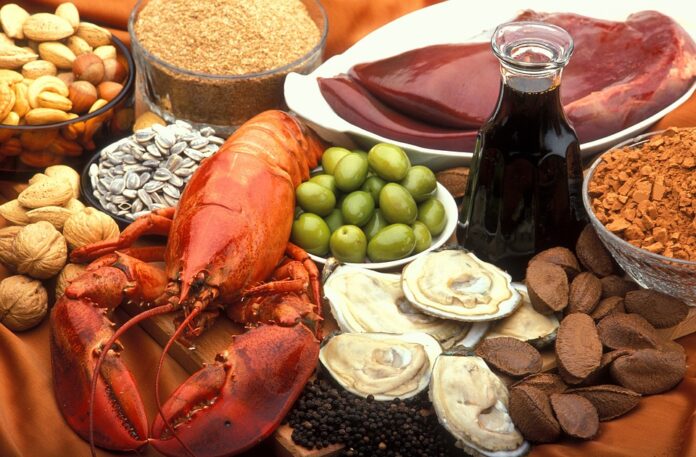Overview of Brazil Nuts Tariffs and Trade Agreements
Brazil nuts are a popular and nutritious snack enjoyed by many around the world. They are native to South America, particularly the Amazon rainforest region, with Brazil being the largest producer and exporter of these nuts. However, the trade of Brazil nuts is influenced by various tariffs and trade agreements that shape their prices in the global market.
Impact of Tariffs on Brazil Nuts
Tariffs are taxes imposed on imported goods by governments to protect domestic industries or to generate revenue. In the case of Brazil nuts, tariffs can significantly affect their prices and market competitiveness. For example, if a country imposes high tariffs on Brazil nuts, it can make them more expensive for consumers in that market, leading to lower demand and decreased exports for Brazil.
Furthermore, tariffs can also lead to trade disputes between countries. For instance, if Brazil believes that a certain country is unfairly imposing tariffs on its Brazil nuts, it may retaliate by imposing its own tariffs on that country’s products. This can escalate into a trade war, impacting the prices and availability of Brazil nuts in the global market.
Trade Agreements and Brazil Nuts
Trade agreements are agreements between countries that govern the terms of trade, including tariffs, quotas, and other trade barriers. These agreements can have a significant impact on the trade of Brazil nuts. For example, if Brazil is part of a trade agreement that reduces tariffs on Brazil nuts, it can lead to increased exports and lower prices in the importing countries.
On the other hand, if a trade agreement imposes restrictions on Brazil nuts, such as quotas or higher tariffs, it can limit the market access for Brazil and hinder its ability to compete in the global market. Therefore, it is crucial for Brazil to negotiate favorable trade agreements that support the export of Brazil nuts to key markets around the world.
Global Policies and Price Trends of Brazil Nuts
Global policies, including tariffs, trade agreements, and government regulations, play a significant role in shaping the prices of Brazil nuts in the international market. These policies can impact the supply chain, production costs, and overall competitiveness of Brazil nuts. Understanding these policies is essential for stakeholders in the Brazil nut industry to make informed decisions and navigate the complex global trade landscape.
Financial Data and Industry Insights
According to industry reports, the global market for Brazil nuts is projected to grow at a steady pace in the coming years. The increasing demand for healthy and natural snacks, coupled with the rising awareness of the nutritional benefits of Brazil nuts, is driving the growth of this market. In addition, the growing popularity of plant-based diets and veganism is also contributing to the demand for Brazil nuts as a plant-based protein source.
Furthermore, financial data indicates that Brazil remains the top producer and exporter of Brazil nuts, accounting for a significant share of the global market. The country’s favorable climate and abundant natural resources make it well-positioned to meet the growing demand for Brazil nuts. However, challenges such as climate change, deforestation, and trade barriers continue to impact the Brazil nut industry and require strategic interventions to mitigate risks and ensure sustainable growth.
Future Outlook and Recommendations
Looking ahead, the Brazil nut industry is expected to face both opportunities and challenges in the global market. Stakeholders in the industry should closely monitor global policies, trade agreements, and market trends to identify potential risks and opportunities. It is essential for Brazil to continue to advocate for fair trade practices and negotiate favorable trade agreements to support the export of Brazil nuts to key markets.
In conclusion, Brazil nuts tariffs and trade agreements have a significant impact on the prices and market dynamics of Brazil nuts in the global market. By understanding these policies and trends, stakeholders in the Brazil nut industry can make informed decisions and navigate the complex global trade landscape effectively.




